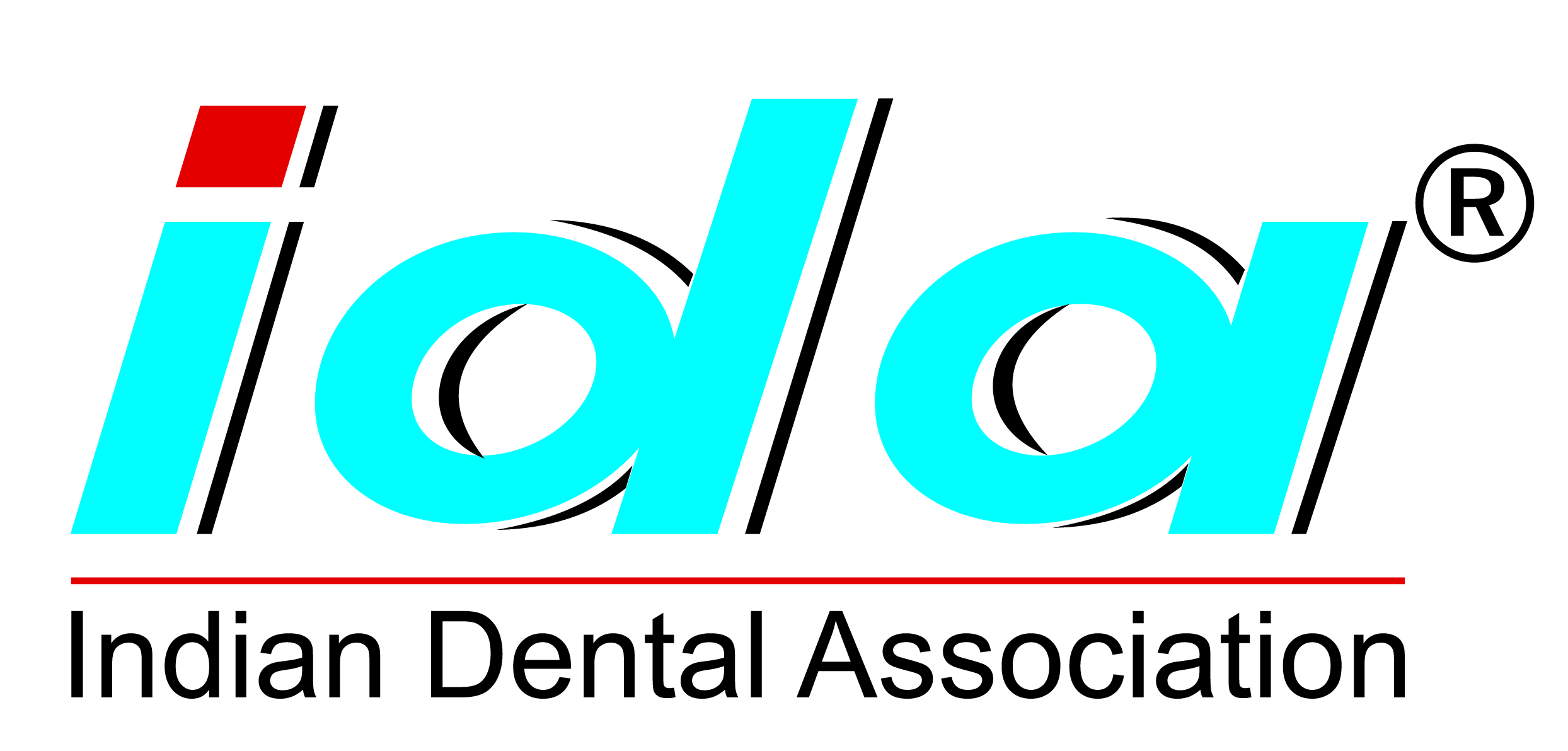Community Education Programmes focuses on the oral health of individuals and families
today and for future generations. We are united by our oral health focus, to address
the key goal that every citizen will be cavity- free by the year 2020.
We are driven by the knowledge that 95% Indian suffer from gum disease, that 50%
use a toothbrush and only 2% of the population visit a dentist for check-ups. This
necessitates programme for prevention, early intervention, rehabilitation and education,
in addition to direct care. These are vital in helping to create and maintain well-being
and good health, particularly in those who are least able to pay. Therefore, the
weaker sections of society are the focus of such programmes.
IDA started its National School Dental Health Education Programme at Kundan Vidya
Mandir Senior Secondary School. Under this annual programme, students of various
schools were imparted education about dental ailments, prevention and treatment.
As part of the programme, about 40,000 children benefit from the initiative as they
are not only educated about dental care but are also examined for dental ailments
and given treatment.
It is a programme with preventive, treatment and health educational components.
The main concentration is primary prevention that is prevention of the disease before
its onset and to achieve optimum oral health to the maximum number of children by
a comprehensive oral care approach - education, prevention and treatment. Through
oral health, the overall health, well being, education and development of children,
families and communities are enhanced.
IDA under the “Bright Smiles Bright Futures” initiative, launched a training programme
for Anganwadi workers. Anganwadi – institutions provide basic education to children
from the lowest rung of the society, in rural areas. Educating these kids on oral
health reaps dual results. Kids get the relevant oral health information and in
turn educate their parents. Anganwadi workers are trained by a dentist deputed by
IDA, to inculcate essential oral care habits in children. This education programme
is supported by Colgate-Palmolive (India) Limited.
This comprehensive training programme, conducted by a dentist comprises of a lecture,
a slide presentation, brushing demonstration, question and answer session. Anganwadi
workers are educated on various dental diseases through practical illustrations.
Comprehensive training guides are supported by informative posters.
Training teachers is the most effective and practical solution for imparting education.
This is a one day training programme for a batch of 100 teachers. A trained dental
surgeon conducts these programmes. The programme curriculum comprises of lectures,
slide presentation, demonstration of correct brushing techniques, interactive sessions
and distribution of informative booklets forms. At the culmination of the programme,
each teacher is awarded a certificate of participation.
IDA targets parents for oral health education programmes, as they are a child's
first teacher in life and play a significant role in maintaining his or her overall
oral health. The programme is important for teaching children healthy habits and
preventing early childhood tooth decay. Then again oral diseases can exacerbate
certain health conditions, especially in children with systemic diseases.
Parents do not link their child's oral health to overall health. Therefore,lecture
and demonstration on the significance of parent involvement in their child’s dental
care was stressed, by audio visual presentations, demonstrations of the correct
brushing techniques. Dental health manual are given during the programme. The parents
are also given certificates of participation.
Community education programmes also involve organising oral health exhibitions with
an aim to spread awareness about the most important but most neglected part of our
body, the oral cavity. Dental health education plays an essential role in not only
prevention of dental diseases but also maintenance of good oral hygiene for life
time. Exhibitions as an education tool are held regularly by IDA all over India
through its various branches.
Oral health screening is necessary to identify normal versus abnormal oral conditions
and to make referrals for dental care. If no problems are found, a verbal referral
is sufficient for preventive dental care. Comprehensive diagnosis and treatment
are the responsibilities of dentists. IDA in its role of guardian and committed
to lead the country to Optimal Oral Health, launched the “All India Dental Wellness
Initiative”, in association with the Ministry of Healthy & Family Welfare, Government
of India, with the support of Anchor Oral Care, a corporate entity engaged in dental
products.
Thus, under All India Dental Wellness Initiative, an All India Oral Health Survey
(AIOHS) was done to identify the problems associated with oral health and plan a
strategy for optimal oral health based on the findings of the survey. This screening
under the survey was important because it gave access to those who were at risk
for poor oral health.
Senior Citizens have particular oral and general health conditions that dentists
should be familiar with while detecting, consulting and treating. Medical diseases
which occur more often with age. These may require modification to dental preventive
tools as well as for planning and treatment phase of dental care.
Old age homes or ashrams lack the basic oral treatment amenities like dental chairs
and basic tools. IDA has taken upon itself to provide these facilities in many of
the Old Age Ashrams. The facilities are accompanied by education programmes oral
health care and its effects on the general health.





